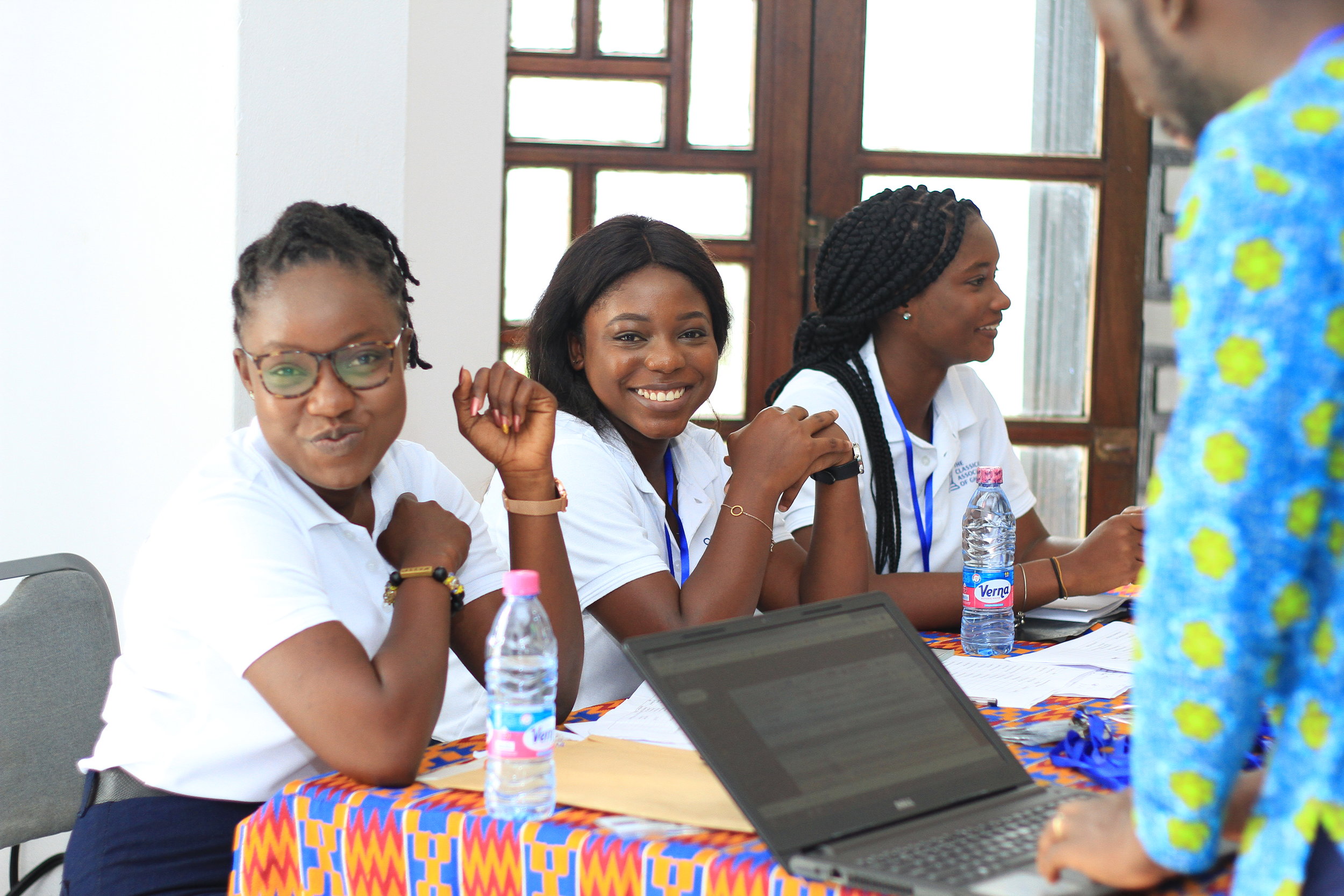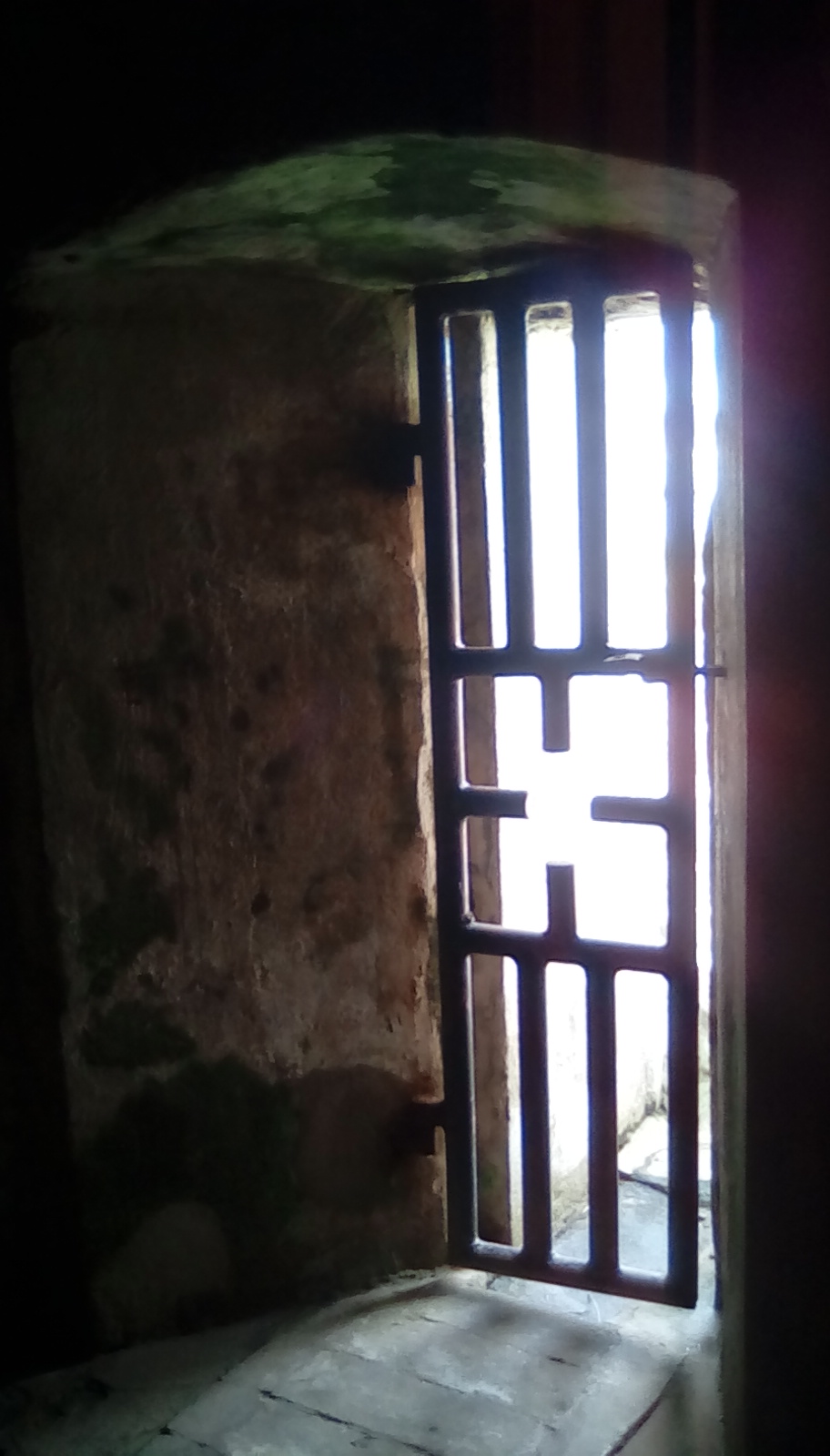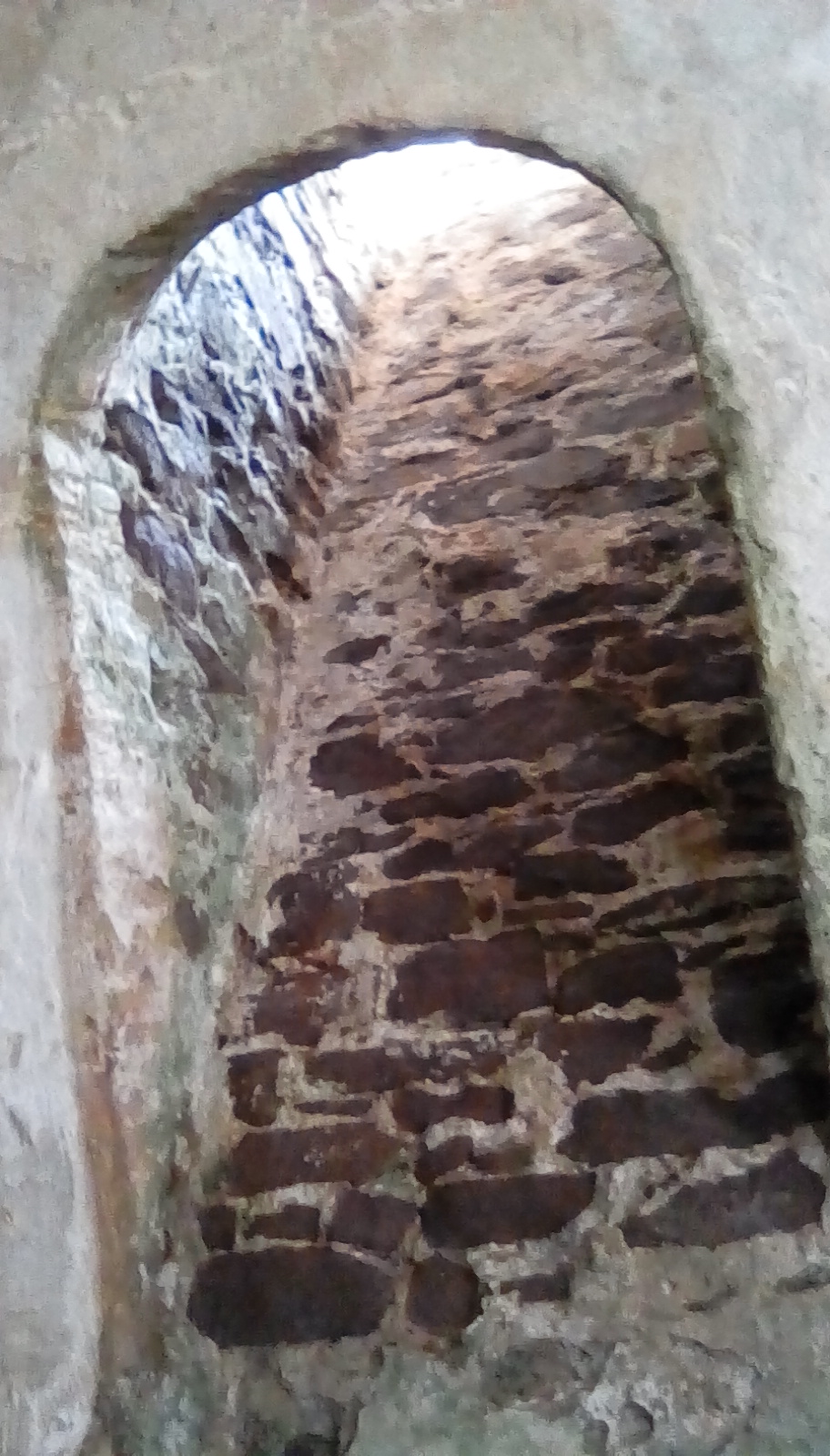Classics and Global Humanities, the 1st International Classics Conference in Ghana (University of Ghana, 2018)
The 1st International Classics Conference in Ghana was held at the University of Ghana in Legon, 11-12 October 2018, in cooperation with the Department of Classics and Philosophy at the University of Cape Coast. Under the theme “Classics and Global Humanities,” participants explored the role of Classical reception studies in bringing different parts of the world into greater dialogue with each other. Topics included how reception studies has given a new voice to classical research in West Africa and how Classics in West Africa engages with the legacies of Egypt, Greece, and Rome, as well as cross-cultural themes in both ancient and modern traditions.

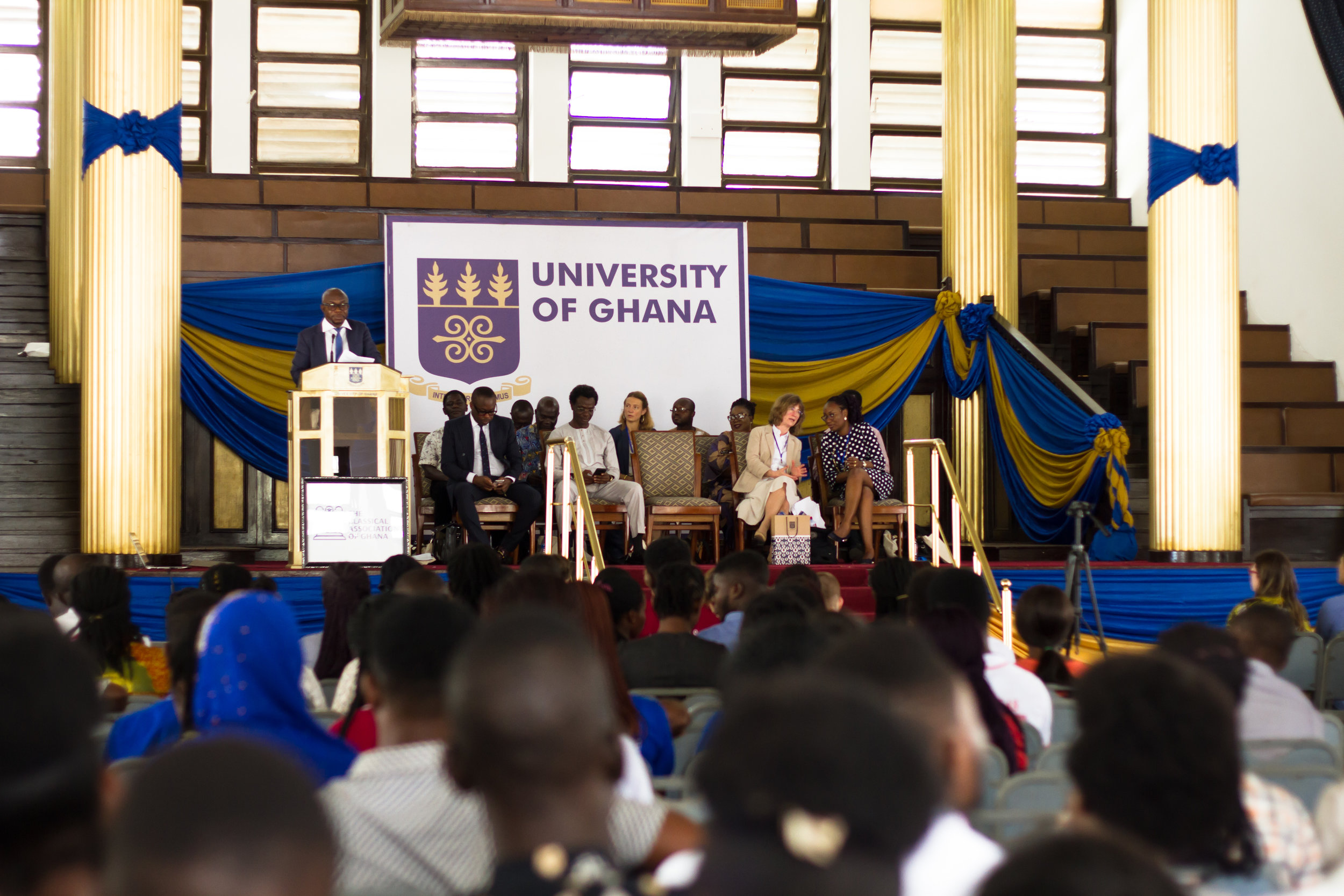
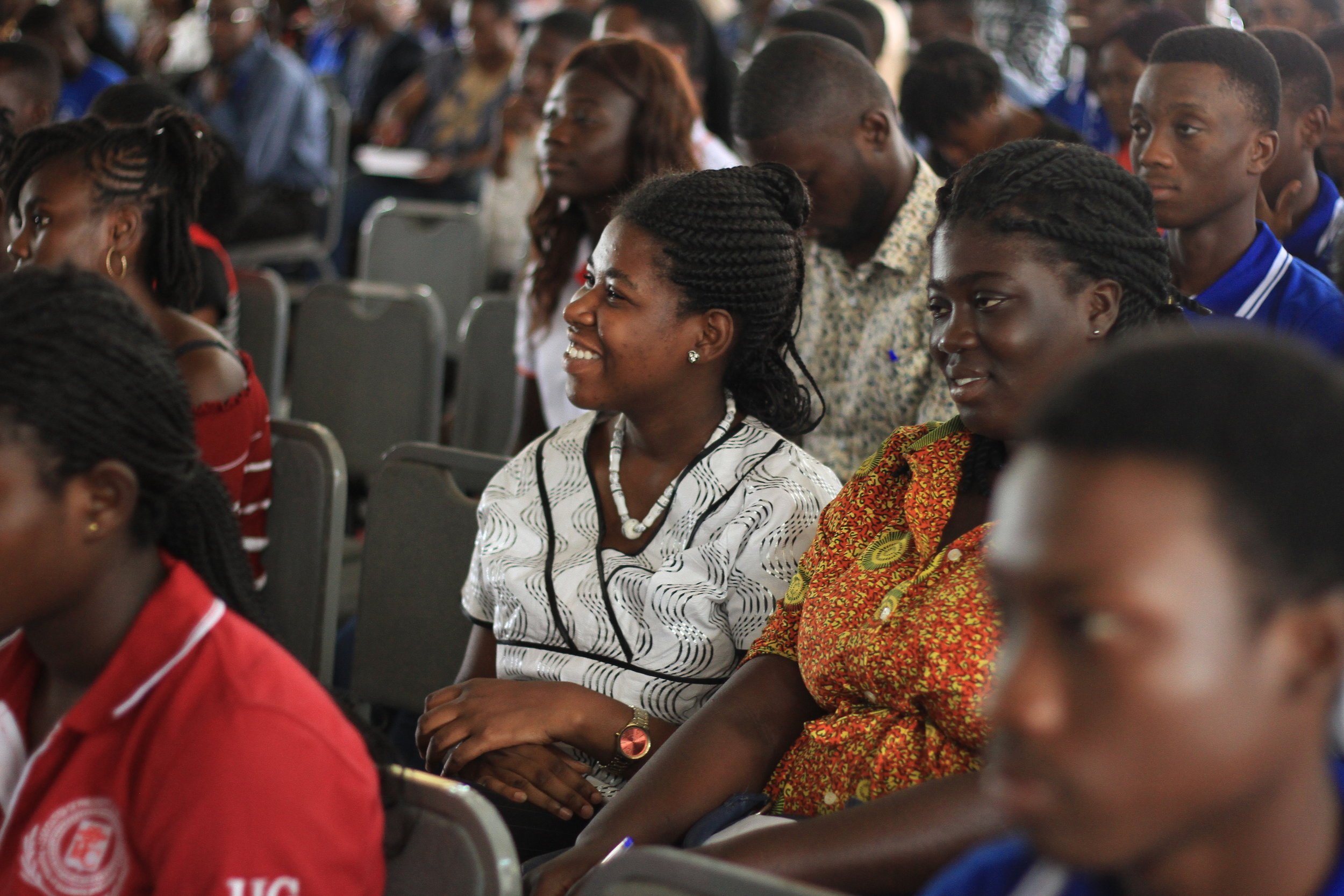
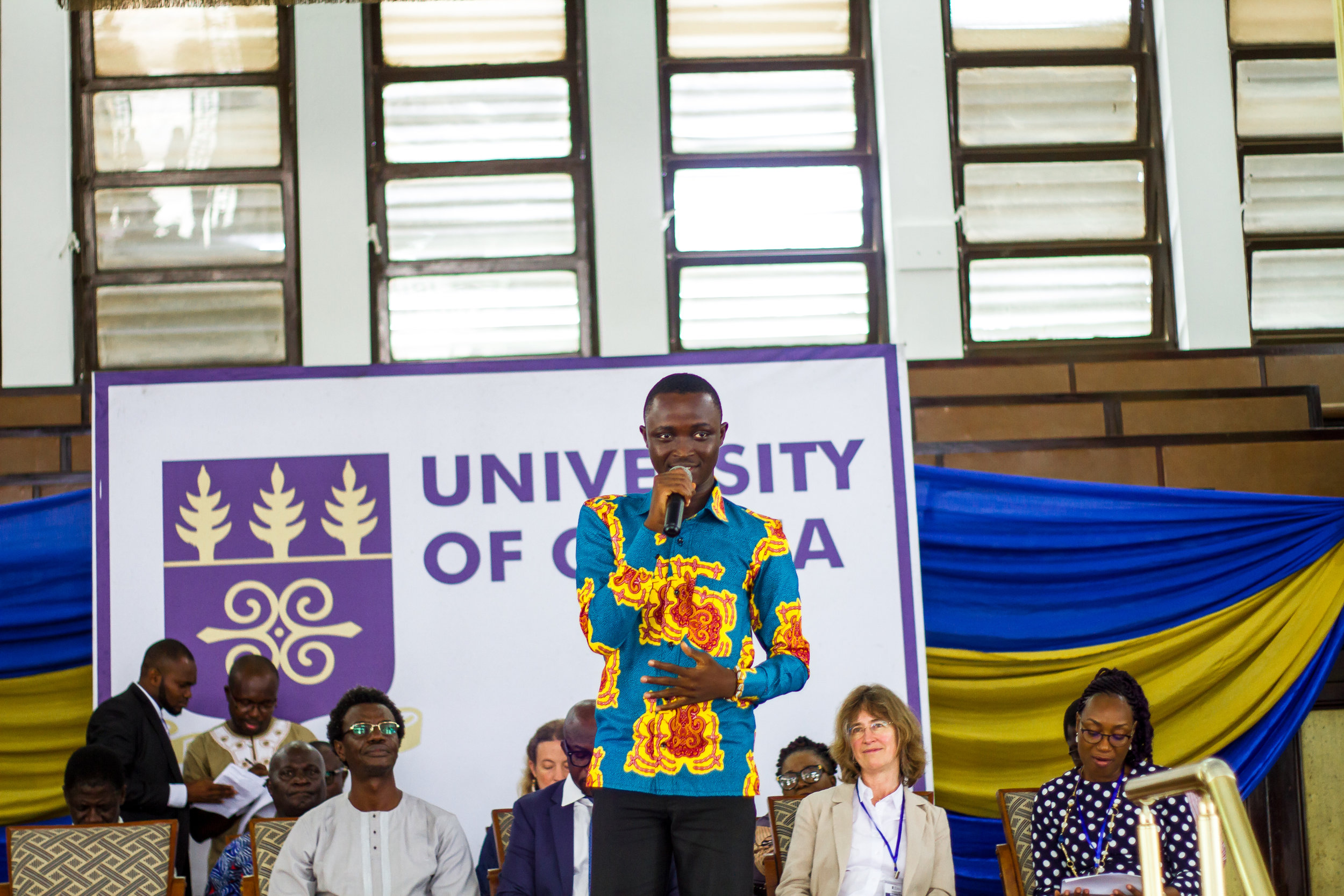
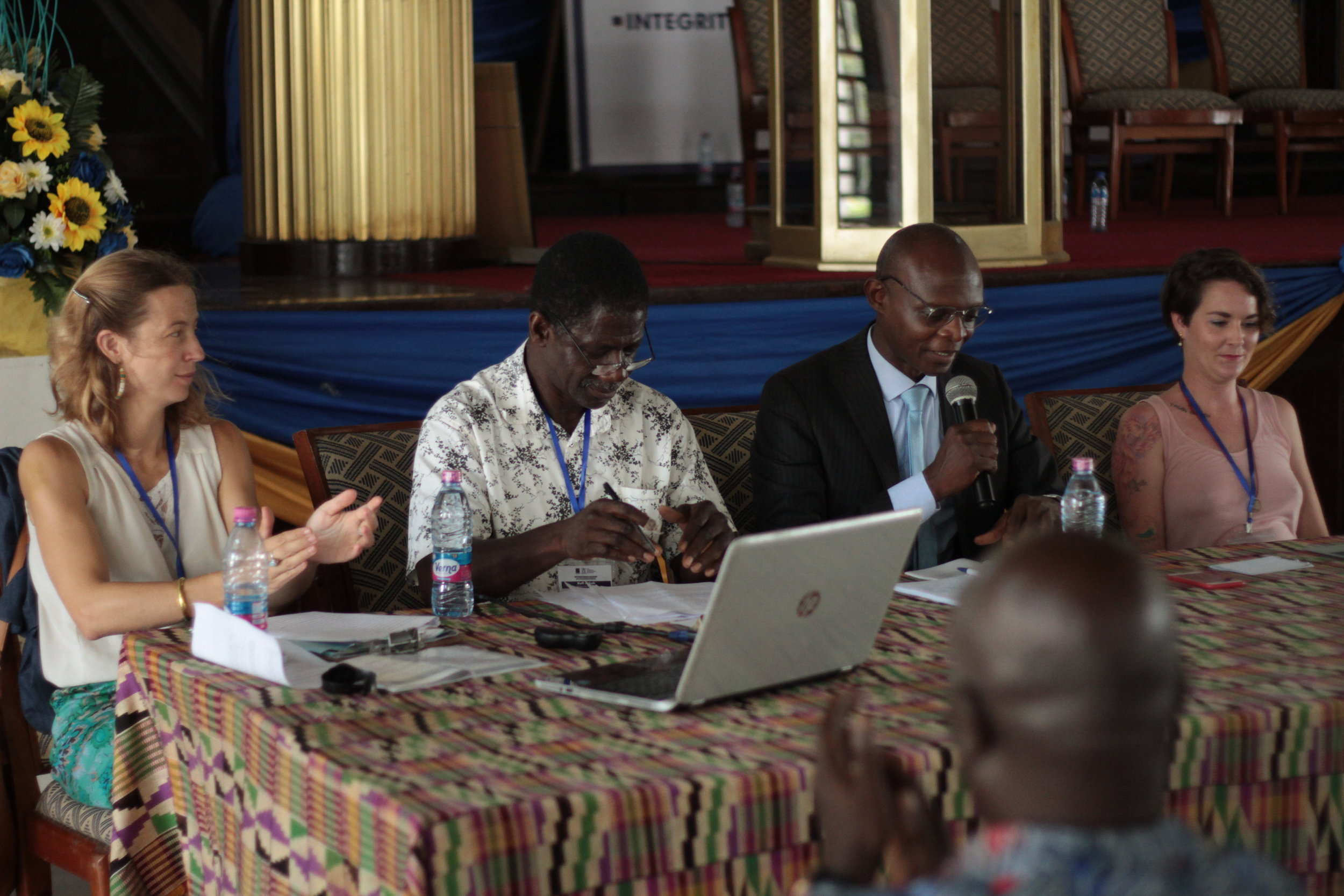
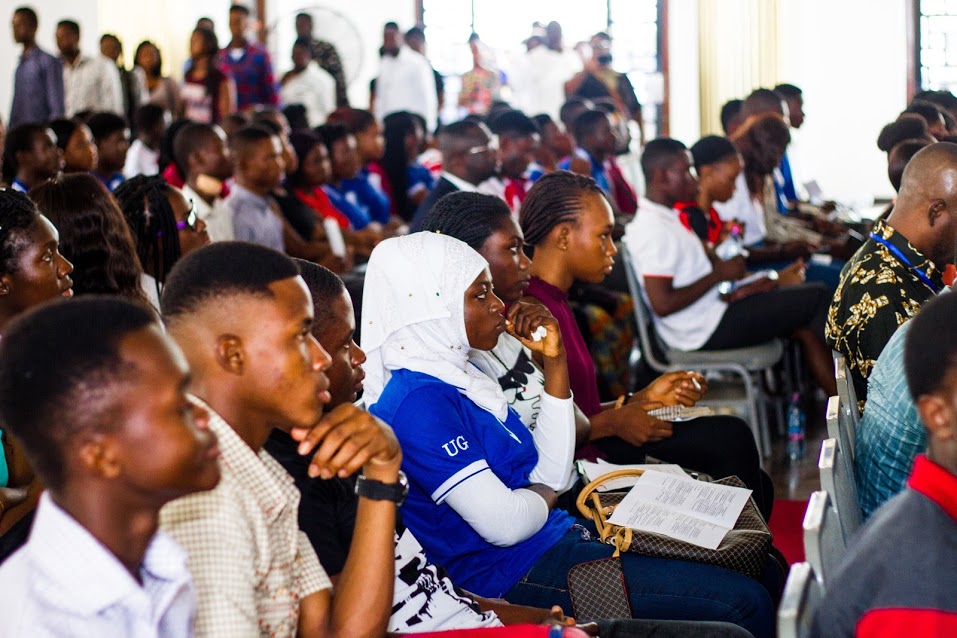
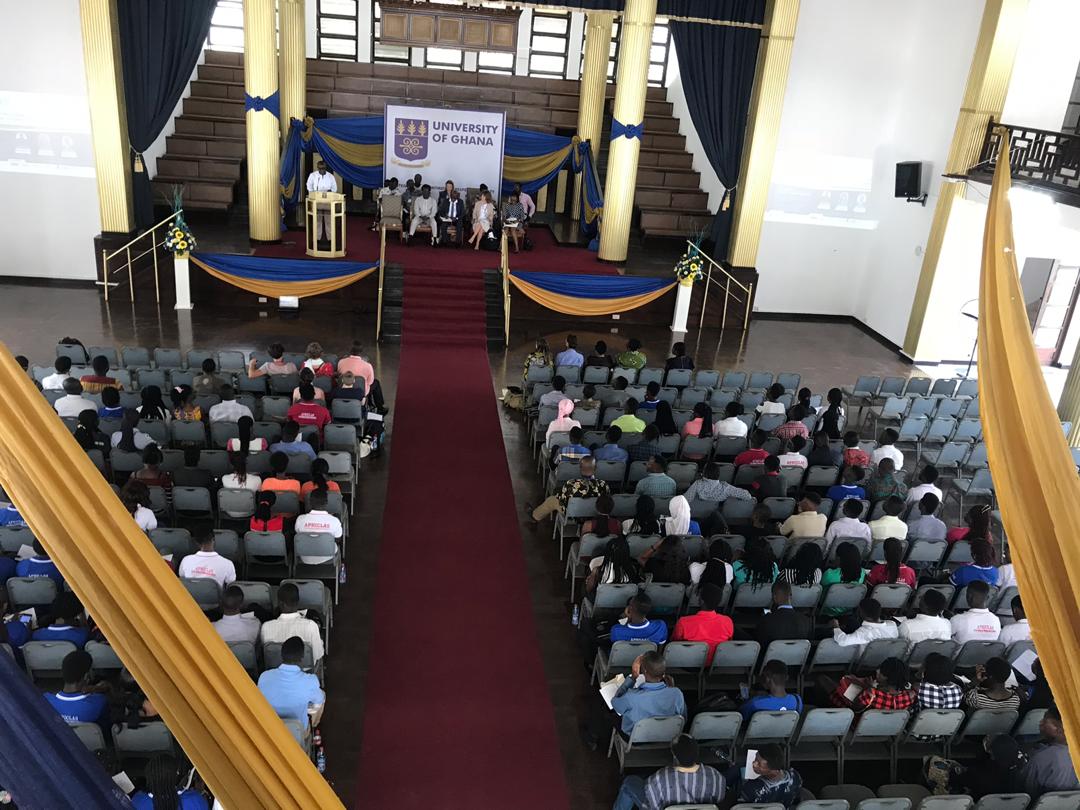
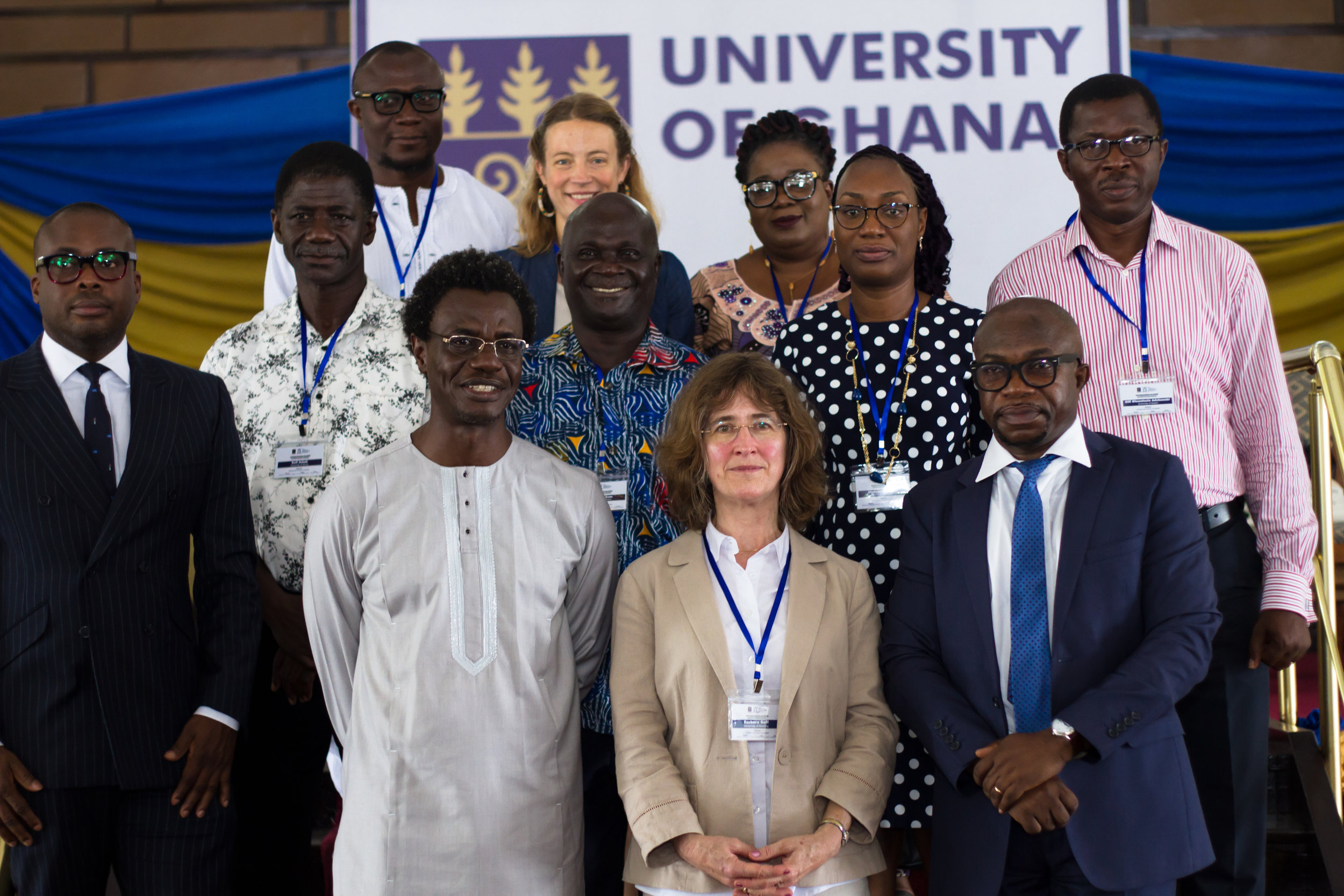
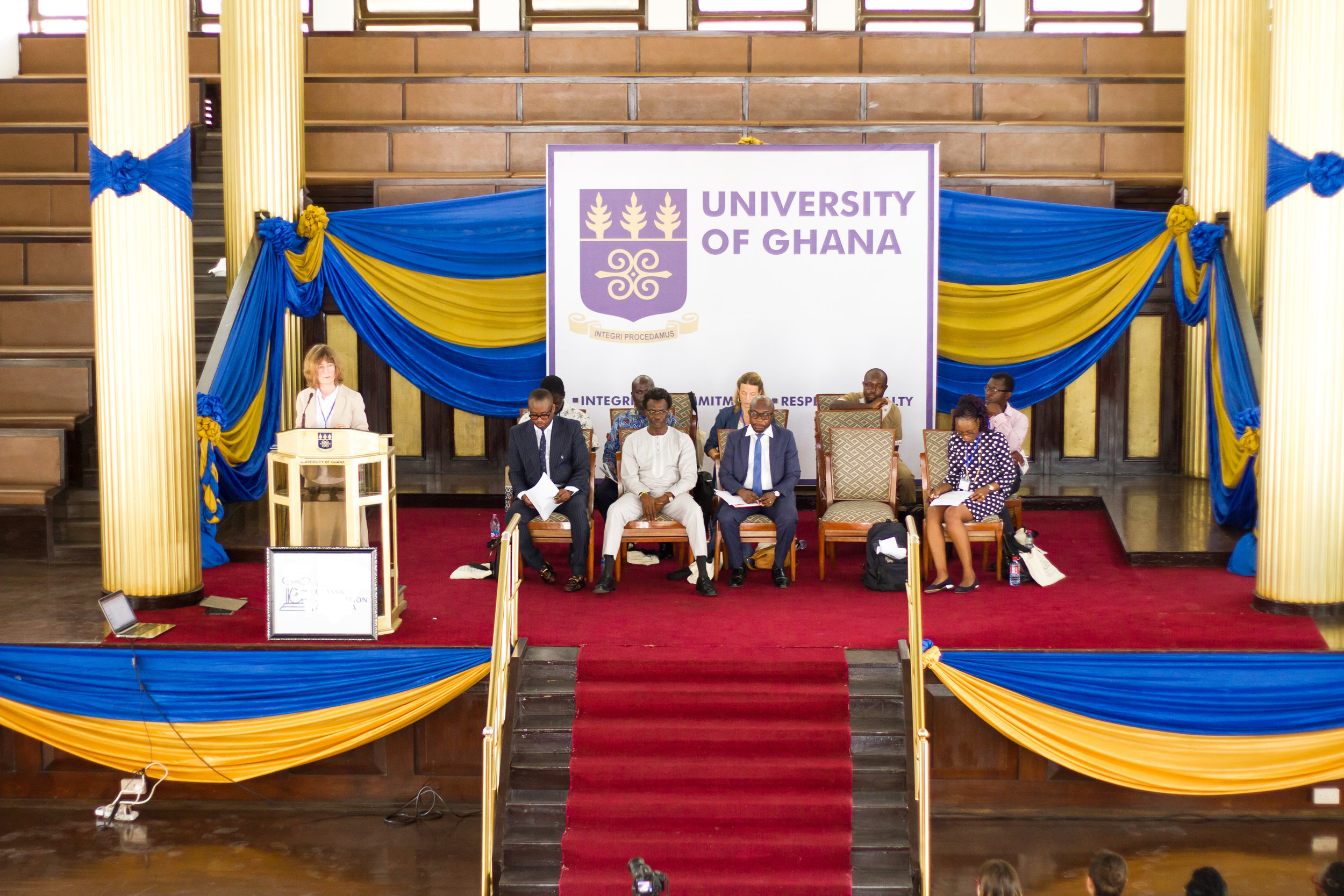
Context and Histories
This conference took place at the intersections of multiple institutional histories as well as the long, complicated and still under-explored history of West African interaction with Ancient Greek and Roman cultures and those who lay claim to knowledge about those cultures as part of the rapine project of European imperialism. European colonization of the African continent depended on a devastatingly inhumane venture— the trans-Atlantic slave trade. Material reminders of the slave trade and European imperialism remain, a fact the organizers and participants paid heed to throughout the event.
2018 marked the 70th anniversary of the University of Ghana, where Classics was one of the original units of the Faculty of Arts in what was then known as the University College of the Gold Coast. The department now includes Philosophy.
The event also functioned as the inaugural international gathering of The Classical Association of Ghana, or, more precisely, a re-inauguration: originally established in 1952, the association had been dormant since the ‘70s. This new era of the association thrives on strategic partnerships within the country, the region (e.g. University of Ibadan), the continent, and the broader discipline (the UK, the US, and Canada).
For more on how the organizers looked to the past of the association and the future of Greek and Roman studies to conceptualize their event, see Michael Kwadwo Okyere Asante’s interview in Luminaries.
In his closing remarks, Professor Samuel Agyei-Mensah, Provost of the College of Humanities, recalled the formation of the College within the University. Looking towards the future, he gave The Classical Association of Ghana an assignment whose parameters demand transhistorical discussion and well-weighed choices in that discussion’s wake:
“Endeavor to extract the knowledge and values embedded in in Africanized Classical civilizations for contemporary life...Africanize the Classics.”
In addition to a full program of academic presentations, participants could take the three-hour journey from the campus in Legon to the fortresses known as the Cape Coast and Elmina castles.
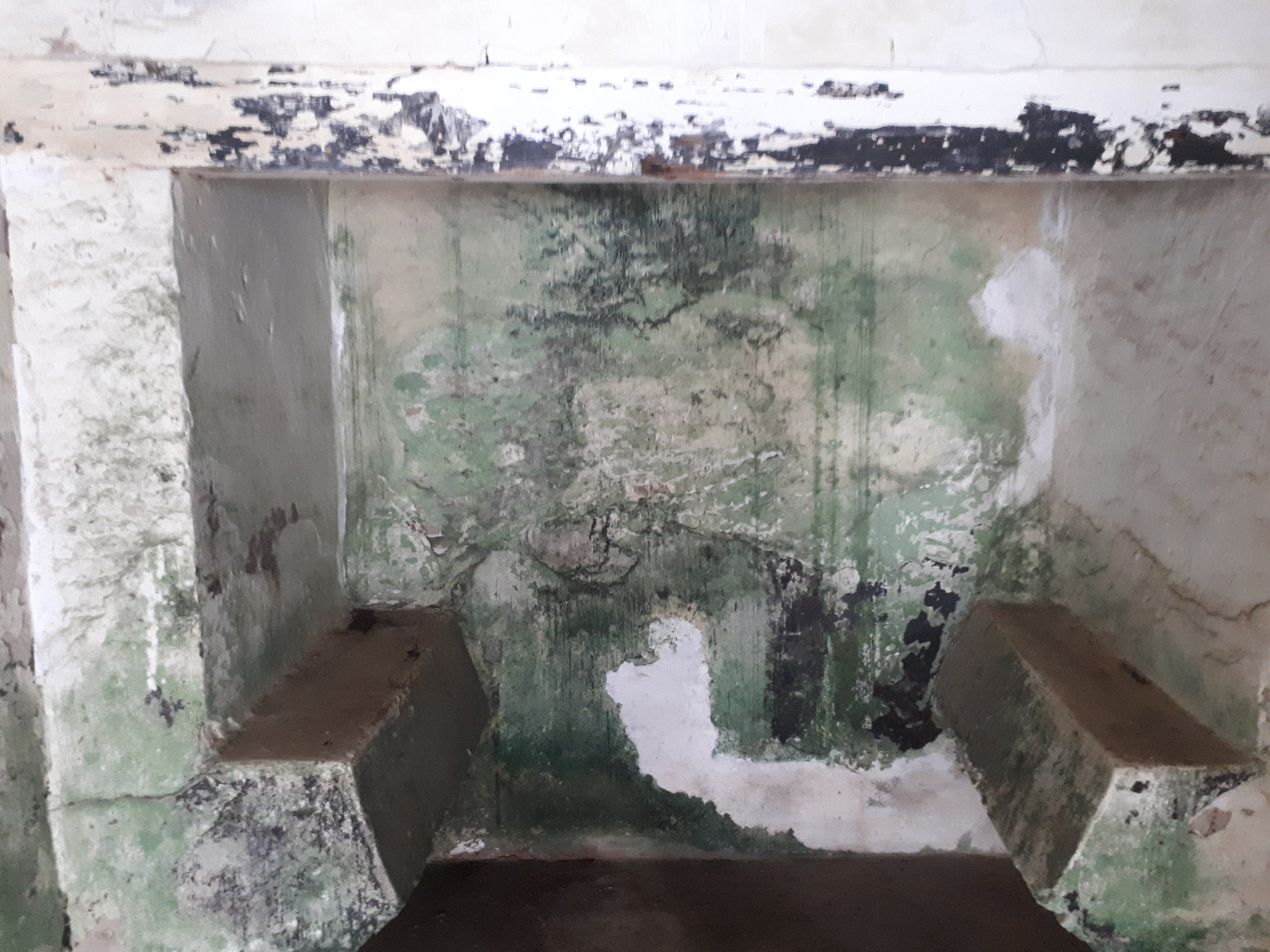
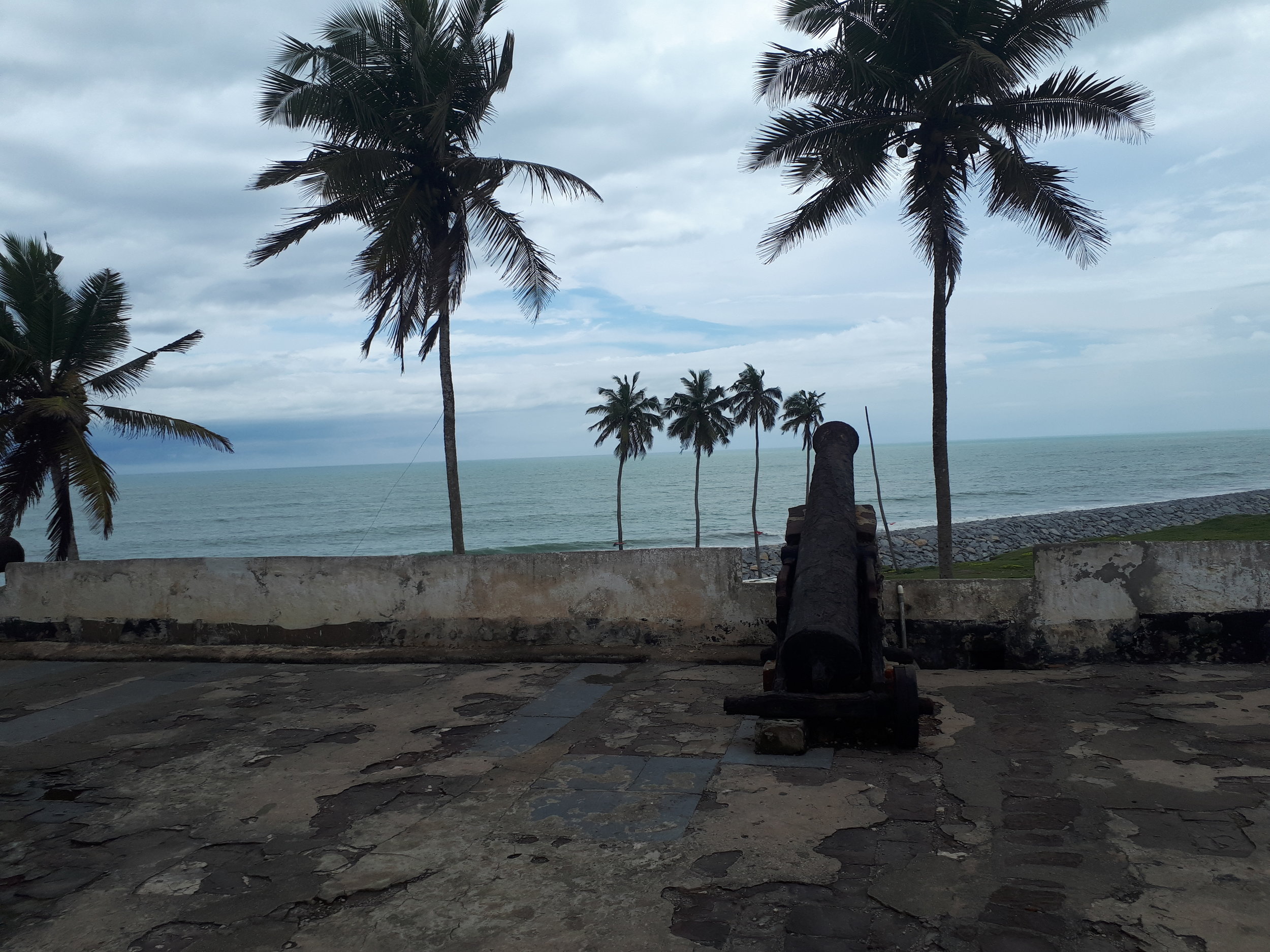
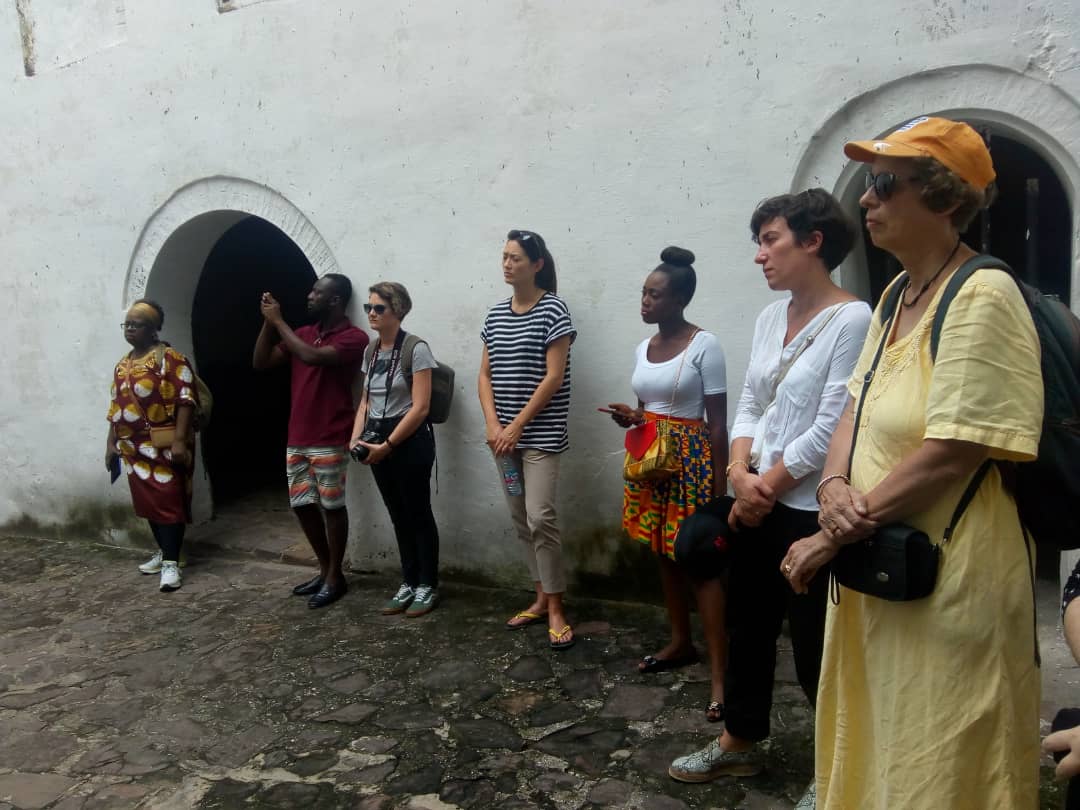
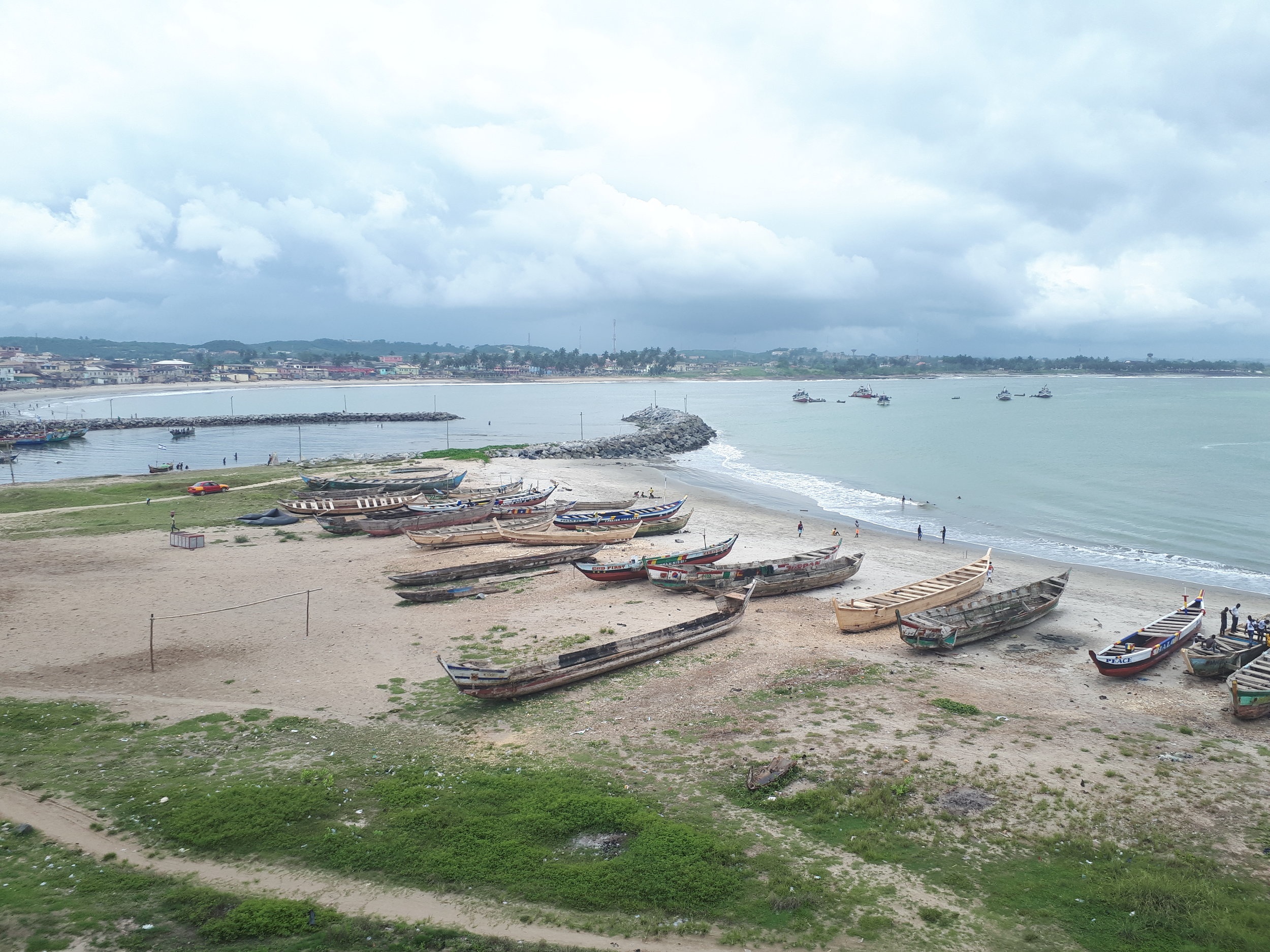
At these trade post fortresses, those enslaved by European colonizers and various merchant middlemen were confined until they boarded ships to make their perilous, often fatal journey across the Atlantic Ocean.
